Living in Budapest – Between East and West: A cross-cultural life in the Hungarian capital
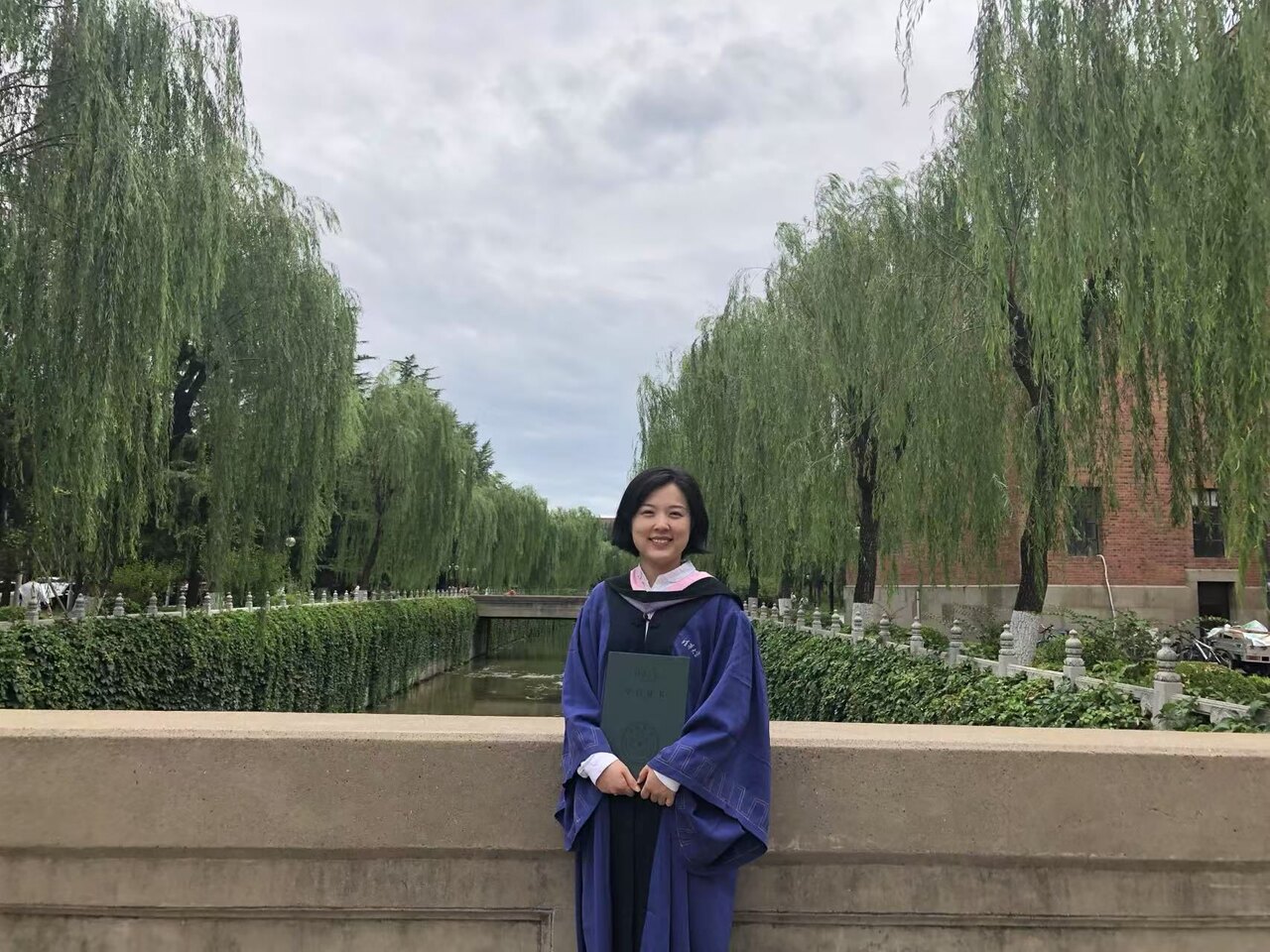
Our team is committed to reaching out to and giving a voice to foreigners who have moved to Hungary for work, family, or other reasons, and who spend their daily lives here. We want to understand how they feel about living here, what difficulties they face, how they have managed to integrate, and what they think about Hungary and their place of residence. Therefore, we have launched a series in which we interview foreigners living here about their work and experiences in our country.
Please read this intriguing piece from Hanjing Lai, a school advisor and entrepreneur living in Budapest!
What does it mean to belong to more than one culture? You may have various answers to this question. For me, growing up with Chinese traditions, Hungarian surroundings, and an American education, it has been a journey of inner growth and outward discovery.
I was born in China, in a typical Chinese family. At the age of 10, my parents and I moved to Hungary. Then, at 18, I left to pursue university studies in the United States. Since then, I’ve worked in both Boston and Beijing. Today, I live and work in Budapest—the beautiful capital of Hungary.
If you’ve grown up in a multicultural environment, you’ll know that people are often curious about: “Which country do you like the most?” “How do you identify yourself?” “What was it like growing up between cultures?” These are common and valid questions.
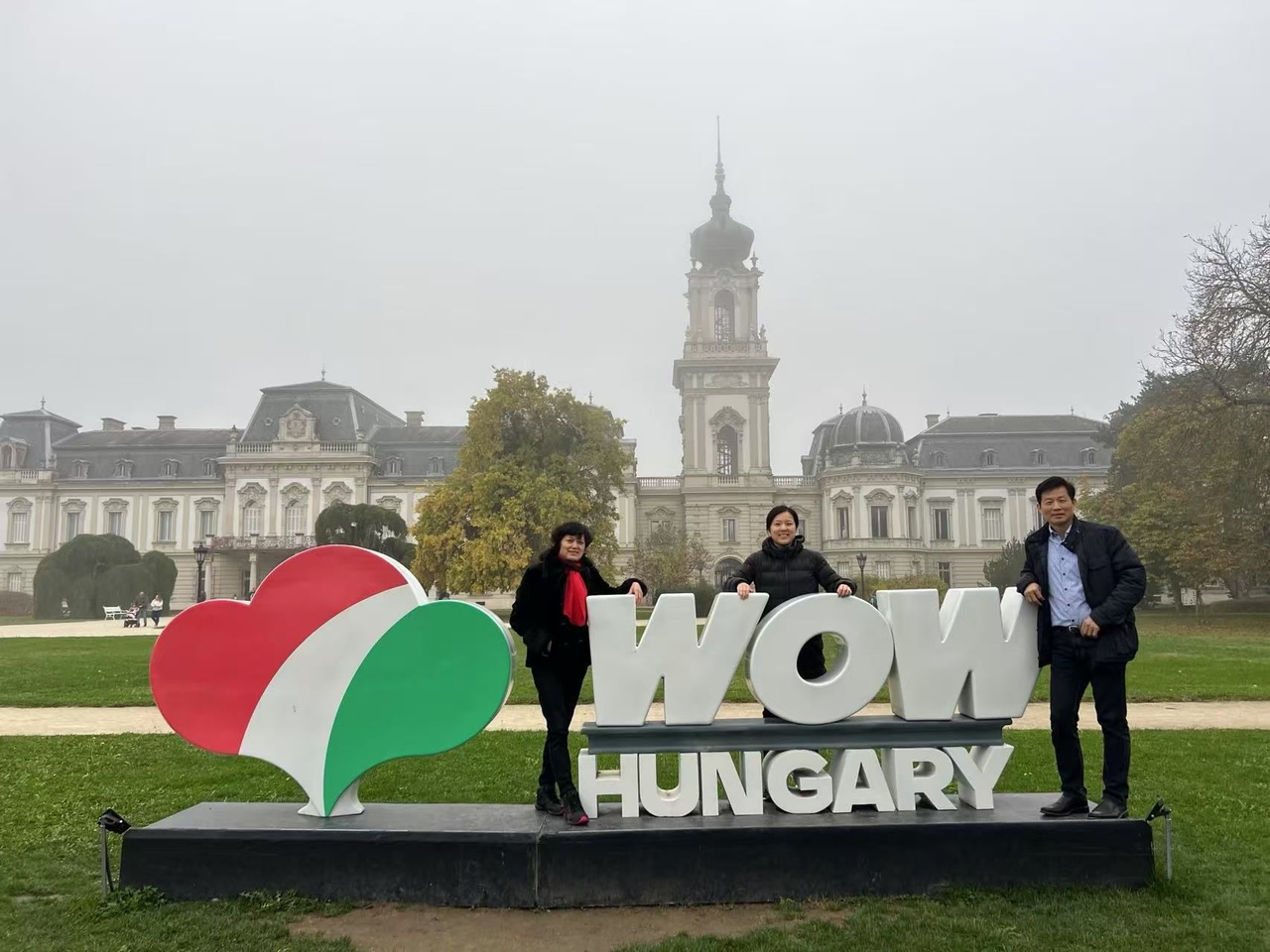
My honest answer as an adult is that I feel enriched by having these special experiences. But growing up, I did experience moments of confusion, disconnection and sometimes hardship. For example, in Chinese families—at least in my generation—praise is often subtle or withheld, whereas Western parents and teachers tend to be much more vocal with praise and more generous in giving positive feedback.
The language of love is also expressed differently. In Chinese and many other Asian cultures, love is often shown through caring actions—like preparing your favourite meal or quietly meeting your needs. I remember how difficult it was for my father to say “I love you.”
Over time, I’ve come to understand and appreciate these various cultural expressions of love and care. This unique upbringing has shaped my passion for fostering cultural understanding—especially in the field of education and business exchanges. Working with families and individuals from diverse backgrounds, I’ve seen how my own journey can inform and empower others navigating the experience of growing up between cultures.
Life in Hungary
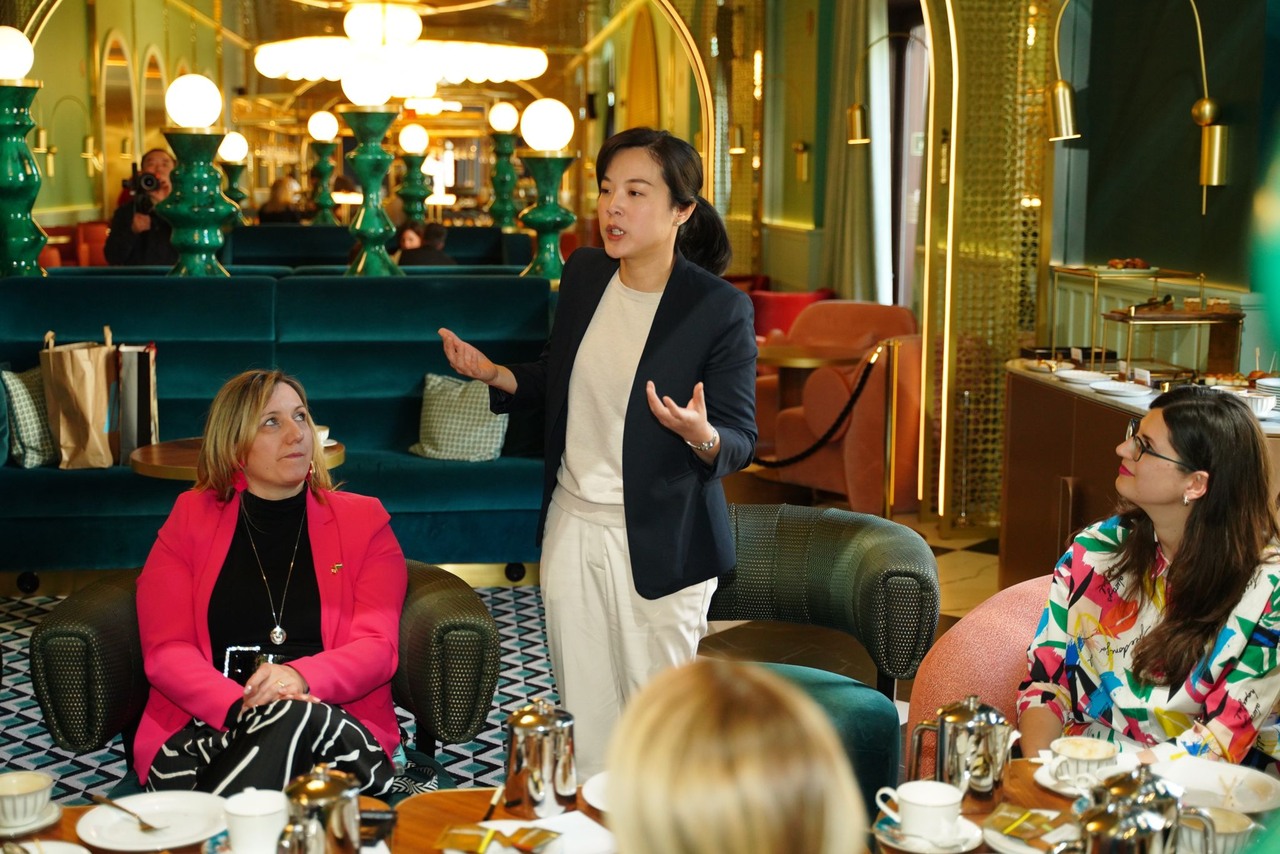
As a working professional in Budapest, I find many things to enjoy—and a few things I’m still learning to better understand and adapt to. Having lived and travelled across three continents, I’ve learned that life doesn’t always unfold as imagined. But what matters most is doing our best to make the most of each day.
Budapest certainly has its charms. I find most people here to be friendly, especially the younger generation. I believe this openness stems from increased interaction—both within and beyond Hungary’s borders. I enjoy those spontaneous conversations you sometimes have with strangers while sitting on a park bench. And I genuinely appreciate that Budapest has so many public benches—it’s a small detail, but it adds greatly to the city’s comfort and livability.
In general, I’ve found that building connections with Hungarians often takes time. Language differences aside, cultural differences also shape how quickly trust and familiarity develop. Still, I’ve made a few Hungarian friends—true friends—and I value those relationships deeply. Within expat communities, people are generally more open, as everyone comes from different backgrounds and shares the experience of living abroad. As a personal observation, I’ve noticed that people outside of Budapest—especially in smaller towns—often come across as even warmer and more welcoming.
Learning a bit of Hungarian definitely helps when it comes to forming meaningful relationships, and it’s something I believe is essential for anyone planning to stay long-term. I still work on my Hungarian language on a weekly basis, but truthfully speaking, it’s challenging. That said, it does come in handy when I need to visit government offices for various documents and IDs.
Outside of work, I enjoy quiet, natural spaces with fewer crowds. Two of my favourite places in Budapest are Normafa and Városliget. Normafa sits on a hilltop surrounded by greenery. You can drive, hike, or take a charming forest train, which involves children in operation, to get there. If you choose to go on foot, the uphill walk can be a little tiring—but the fresh air and forest views are well worth it.
Városliget, the large city park behind Heroes’ Square, offers something for everyone. Depending on the season, you can go boating or ice skating, or simply sit by the lake and watch wild ducks. There are museums and galleries nearby, and even a hot air balloon ride that offers breathtaking panoramic views of the city. The playground in the park is large and full of things to explore. It is an outdoor paradise for children. These places offer a welcome escape from the pace and demands of city life.
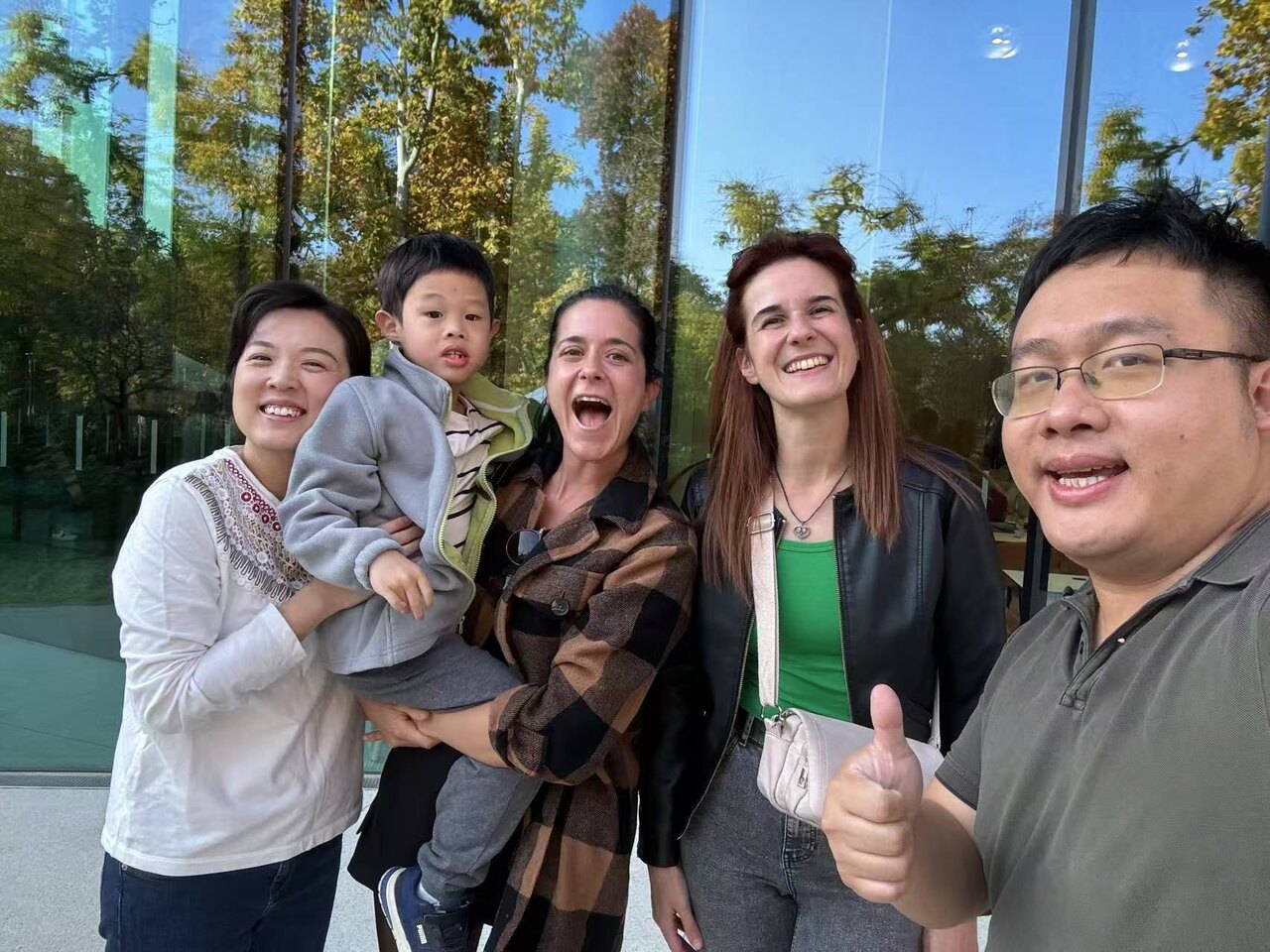
Connecting the dots
Professionally, I work in the field of international education, where I guide families as they make transitions from home to Hungary. My role in an international school involves helping them navigate cultural and language barriers, while also providing guidance on educational expectations and practices in a new environment.
Beyond this, I organise forums and events that bring together business professionals and educators from both Eastern and Western backgrounds. One event I’m particularly proud of involved gathering women from diverse cultures—many of whom balance multiple roles as mothers, professionals, and partners—for a session of open dialogue, mutual learning, visionary thinking, and cross-cultural reflection.
As the co-founder of PGLC Academy—an educational institution where we help students strengthen their academic performance and unlock their full potential through personalised support and cross-cultural insight—I oversee the development of programs and ensure our mission is reflected in daily practice.
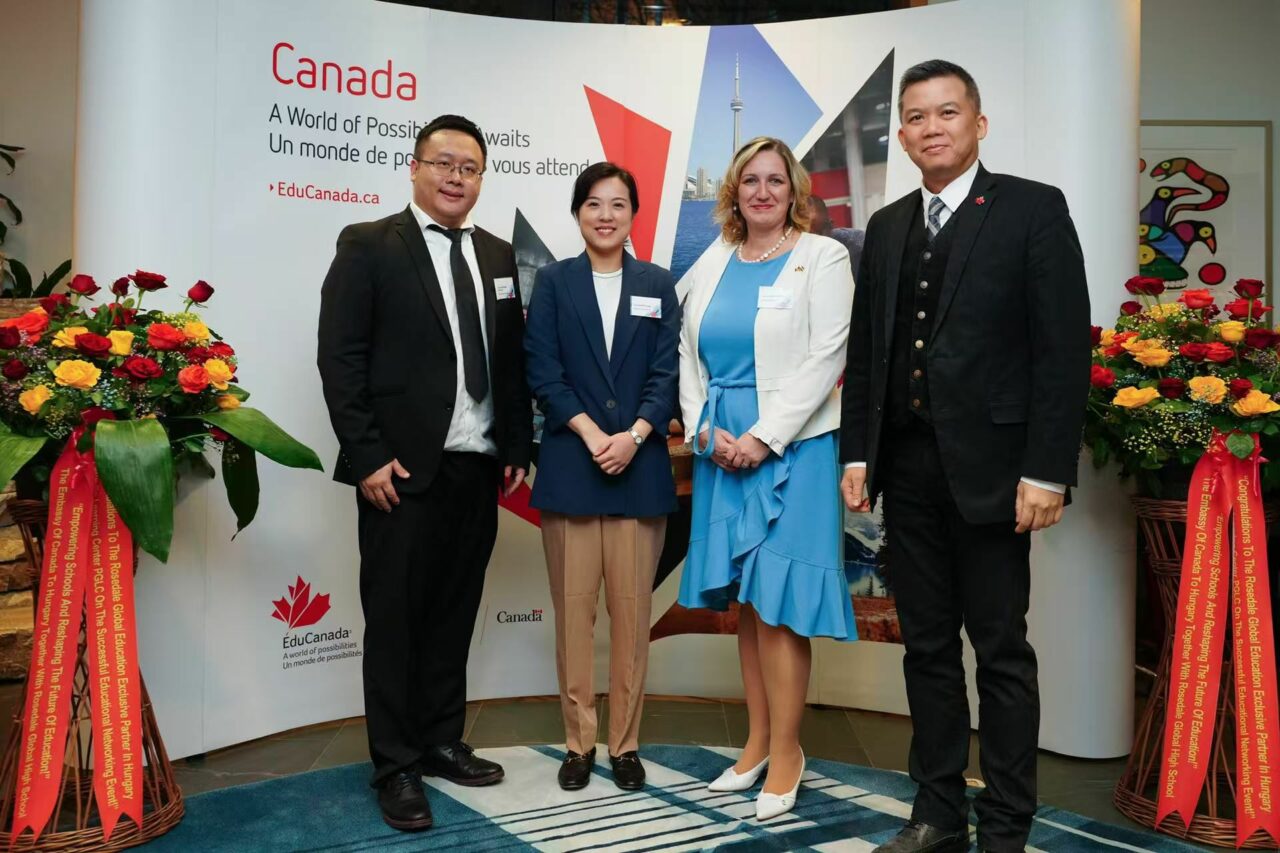
Opening doors to cross-cultural exchange
In today’s rapidly changing world, cross-cultural understanding is more important than ever. People often react with fear or hesitation when faced with unfamiliarity. While concern for social stability is reasonable, genuine appreciation for diversity requires conscious effort from society as a whole. By promoting open and respectful dialogue—sometimes through educational means—we can work together to build a stronger and more coherent community.
As someone who has lived between languages, values, and systems, I strive to help Hungarians and others around the world see China not as a distant country, but as a place full of warm-hearted people, transformative innovation, and rich cultural heritage. Likewise, I hope more and more Chinese will come to see Hungary not as just another Central European country, but as a land of profound culture, genuine people, and breathtaking natural and historical beauty.
There are many conflicts in our world today, but true understanding often begins with people taking small steps —communicating, listening, and exchanging. It’s about building relationships. When we understand each other, we judge less. And perhaps, as our world becomes more interconnected, we will learn to appreciate one another—not despite our differences, but because of them.
About the author: Hanjing Lai is a cross-cultural educator, school advisor, and entrepreneur. With roots in China and a life shaped by Hungary and the United States, she brings a unique perspective to her work. Jing is passionate about helping young people grow up confidently across cultures and about fostering mutual understanding between East and West. She earned her M.A. from Tsinghua University, where she was the sole recipient of the Belt and Road Scholarship.
She can be reached at her LinkedIn.
Read also:







